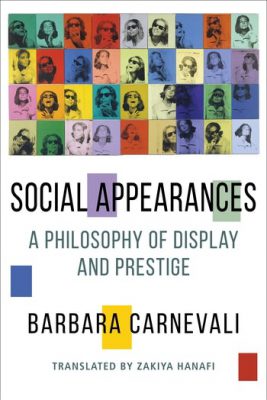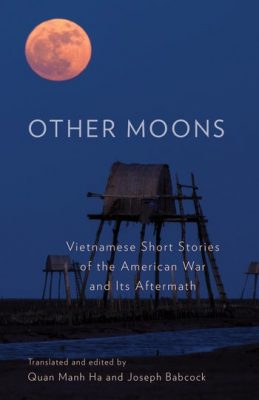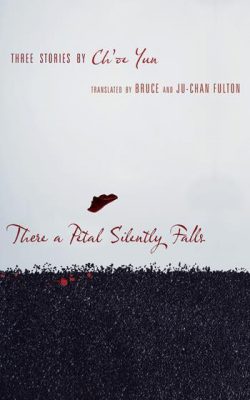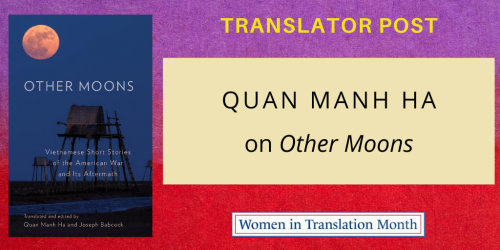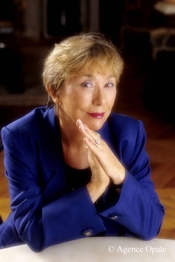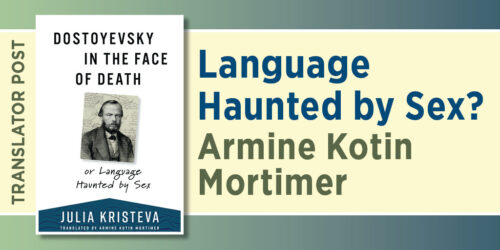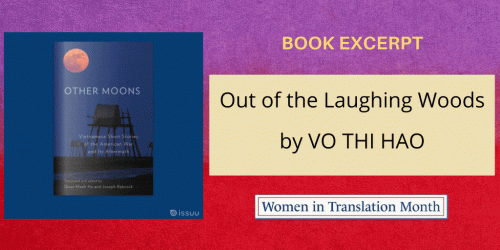Women in Translation Month 2020! A Celebration of Philosophy and Literature

Welcome to Women in Translation Month 2020! WITMonth was launched six years ago when blogger and scholar Meytal Tadzinkski noticed that works by women authors made up less than 30% of the books translated into English. Since then, WITMonth has grown into a global movement celebrating the voices of women writers around the world.
This month, we’re highlighting fiction translated from Vietnamese, Italian and Korean, as well as new works in philosophy from France. We hope you read along on the blog as we feature excerpts, posts from translators, and Q&As with authors. And remember to follow us on Twitter and Instagram for more on our backlist titles.
First up is a fascinating new work from acclaimed philosopher Catherine Malabou. This book (deftly translated by Carolyn Shread) explores how the concept of intelligence blurs the boundaries between natural and artificial, bridging the human brain and the cybernetic world of AI. Malabou ventures a groundbreaking approach to intelligence that emphasizes the intertwined, networked relationships among the biological, the technological, and the symbolic.
Morphing Intelligence is an essential analysis of the porous border between symbolic and biological life at a time when once-clear distinctions between mind and machine have become uncertain. The book is scheduled for publication in February 2021.
Check back on Tuesday and Thursday for guest posts from the author and translator.
Philosophers have long distinguished between appearance and reality, and the opposition between a supposedly deceptive surface and a more profound truth is deeply rooted in Western culture.
In this strikingly original book, Barbara Carnevali offers a philosophical examination of the roles that appearances play in social life. While Western metaphysics and morals have predominantly disdained appearances and expelled them from their domain, Carnevali invites us to look at society, ancient to contemporary, as an aesthetic phenomenon.
Check back for a guest post by the book’s translator Zakiya Hanafi, and an excerpt from chapter 2, “Masks and Clothes: Medial Surfaces and the Dialectic of Appearing.”
In this anthology, Vietnamese fiction writers describe their experience of what they call the American War and its lasting legacy through the lens of their own vital artistic visions.
The twenty short stories collected in Other Moons range from the intensely personal to narratives that deal with larger questions of remembrance, trauma, and healing. By a diverse set of authors, including many veterans, they span styles from social realism to tales of the fantastic. Yet whether describing the effects of Agent Orange exposure or telling ghost stories, all speak to the unresolved legacy of a conflict that still haunts Vietnam.
Check back for a guest post on Vietnamese women writers by the co-translator and co-editor of the collection, Quan Manh Ha.
We’ll be wrapping up the month with a look at two backlist literary works that recently became available in paperback.
The Enchanted Clock by Julia Kristeva is a philosophically and linguistically multifaceted novel, full of poetic ruminations on memory, love, and the transcendence of linear time. It is one of the most illuminating works from one of France’s great writers and thinkers.
In the Palace of Versailles there is a fabulous golden clock, made for Louis XV by the king’s engineer, Claude-Siméon Passemant. The astronomical clock shows the phases of the moon and the movements of the planets, and it will tell time—hours, minutes, seconds, and even sixtieths of seconds—until the year 9999. Passemant’s clock brings the nature of time into sharp focus in Julia Kristeva’s beautiful, intricate novel The Enchanted Clock.
Check back for a guest blog post by Armine Kotin Mortimer, the book’s translator.
In this collection’s title work, There a Petal Silently Falls, Ch’oe explores both the genesis and the aftershocks of historical outrages such as the Kwangju Massacre of 1980, in which a reported 2,000 civilians were killed for protesting government military rule. The novella follows the wanderings of a girl traumatized by her mother’s murder and strikes home the injustice of state-sanctioned violence against men and especially women. Elegantly crafted and quietly moving, Ch’oe Yun’s stories are among the most incisive portrayals of the psychological and spiritual reality of post-World War II Korea.
Check back for a Q&A with author Ch’oe Yun and Korean literature scholar Chungmoo Choi.
Fill your collection with works by talented women in translation by taking advantage of our WITMonth sale! Check our website for the complete list of promotional titles and use coupon code WIT2020 at checkout to save 20% on your order.


